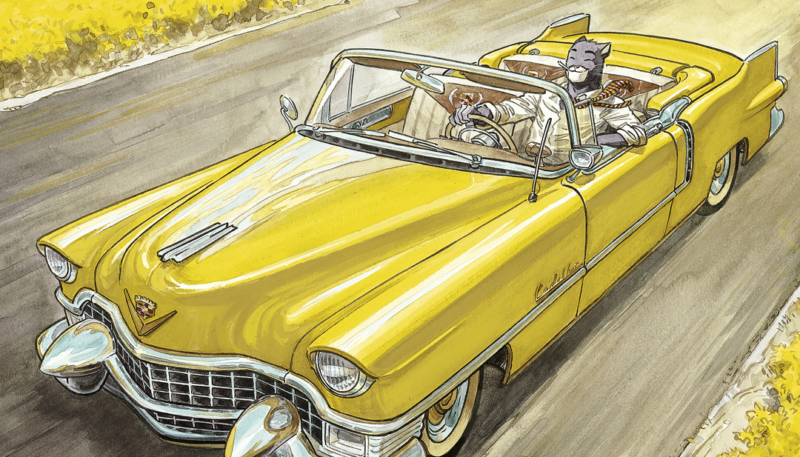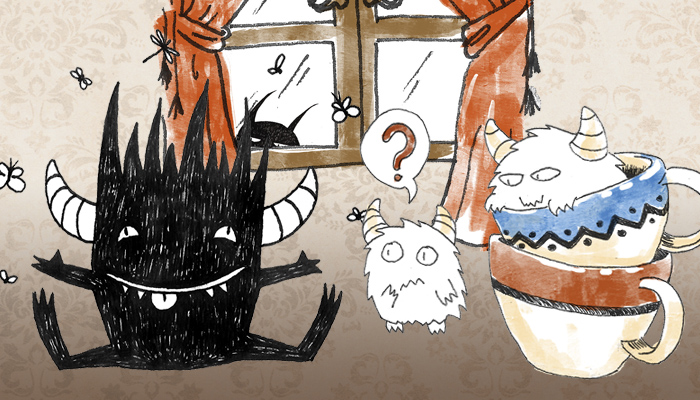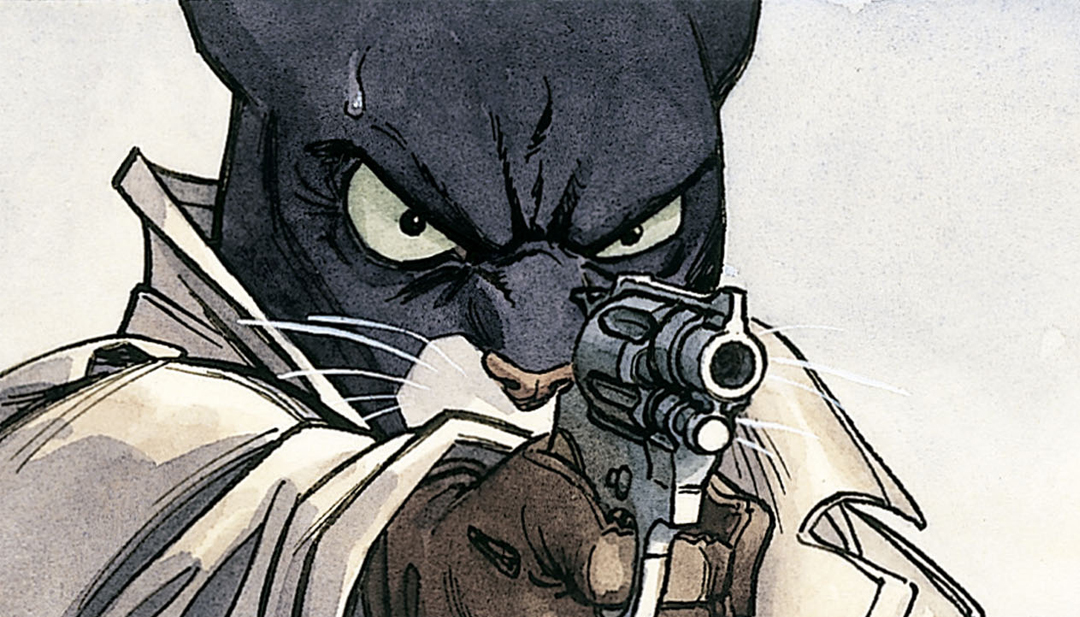Every Blacksad character has shades that make them unique, and not only because they’re anthropomorphic animals, but also because they have a series of singularities that talk about their background. This is represented as aspects. These aspects aren’t only descriptive elements, rather, they synthesize in one sentence the story of the characters and the places they are or have been to.
We’ve categorized four kinds of aspects from the character’s point of view: personal aspects (belonging to that character), external aspects (which belong to the rest of the characters, main characters and secondary characters), situation aspects (belonging to the sceneries and situations that characters experience), and implicit aspects (implied even though they aren’t explicitly specified).
Use of aspects
Aspects have two main functions: allowing the game master and the players to interact with the story in a more vivid manner, making them directly involved, and the other is to serve as tools to obtain certain advantages.
The invocation of the aspect has a narrative cause, that is to say, that the use is relevant; the aspect also has to be available for invocation and finally, the player must spend one Drive point.
If these factors are accomplished and the players along with the game master reach a common consensus, one of the aspects can be invoked to gain advantage from one of the following effects:
- Positively affect a personal dice roll: The player can reroll any dice he wants from his previous dice roll. Also, the results representing a 6 in action dice 6 and complementary dice 6 are considered two successes, instead of one, like what usually happens with tension dice (red). Tension dice cannot be rerolled when invoking an aspect.
- Negatively affecting the dice roll: The player forces the opponent (or himself, if his dice roll is a failure) to reroll the dice he chooses. Also, in that dice roll, the results of 1 in action dice are considered to be failures that nullify success, like what usually happens with complementary dice 1 and tension dice 1. Once again, tension dice cannot be rerolled.
- Adding a narrative element to the scene: The player can introduce an element to the story that is related to the invoked aspect.
If at any moment the invocation of an aspect becomes prejudicial for another player’s character, said character will receive a Drive point. This includes the way the game master makes use of aspects: secondary characters do not have Drive stats and the game master is free to invoke aspects without having to spend any of these points, however, the player character who becomes prejudiced by how the game master uses an aspect receives on Drive point.





